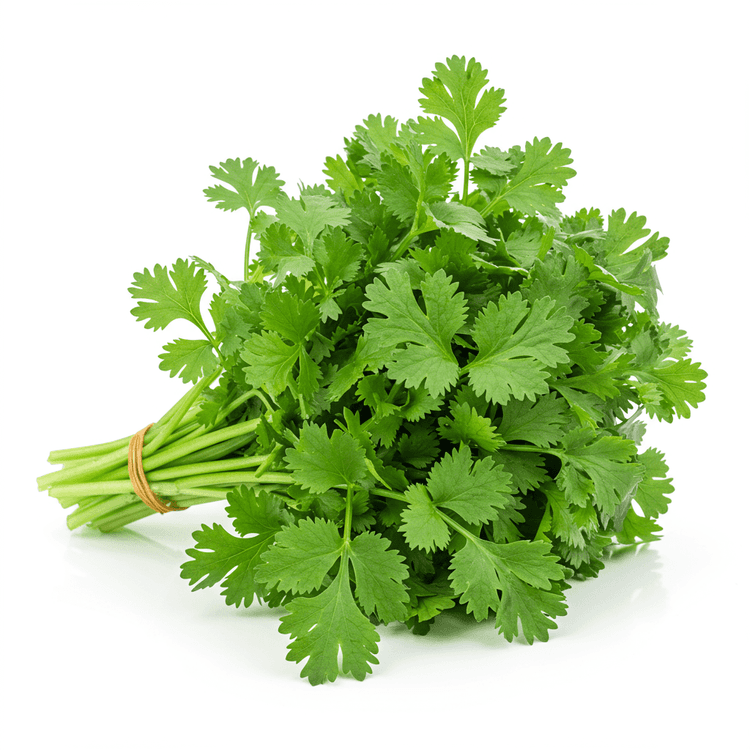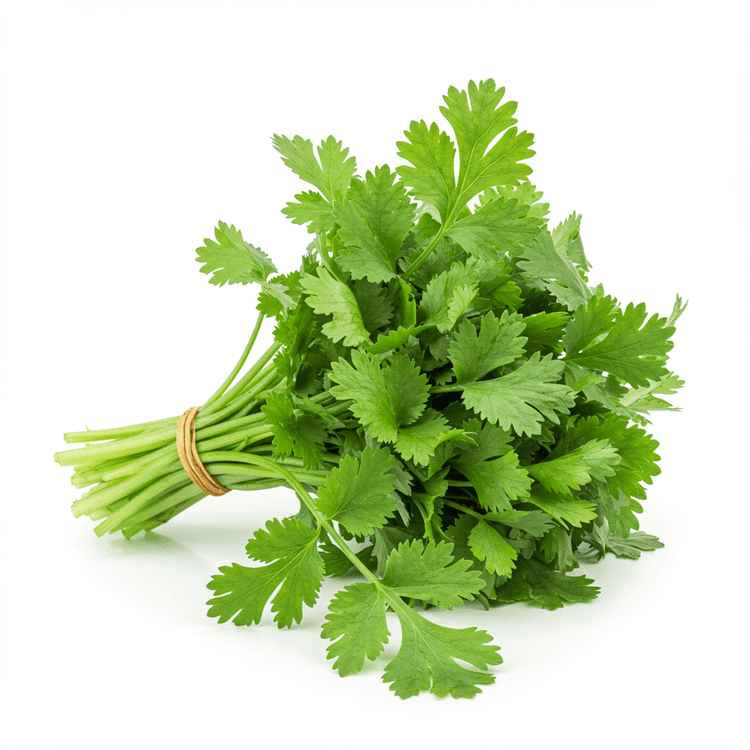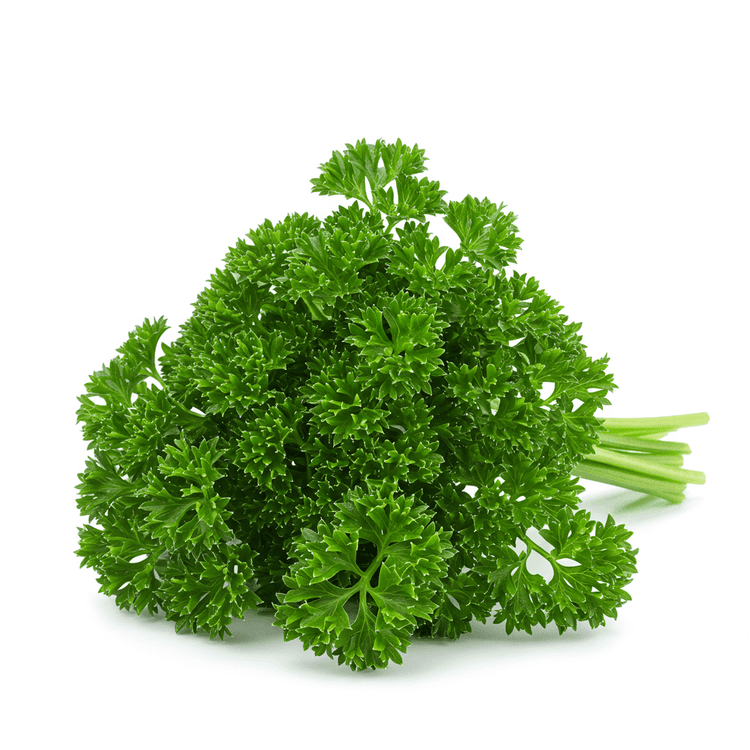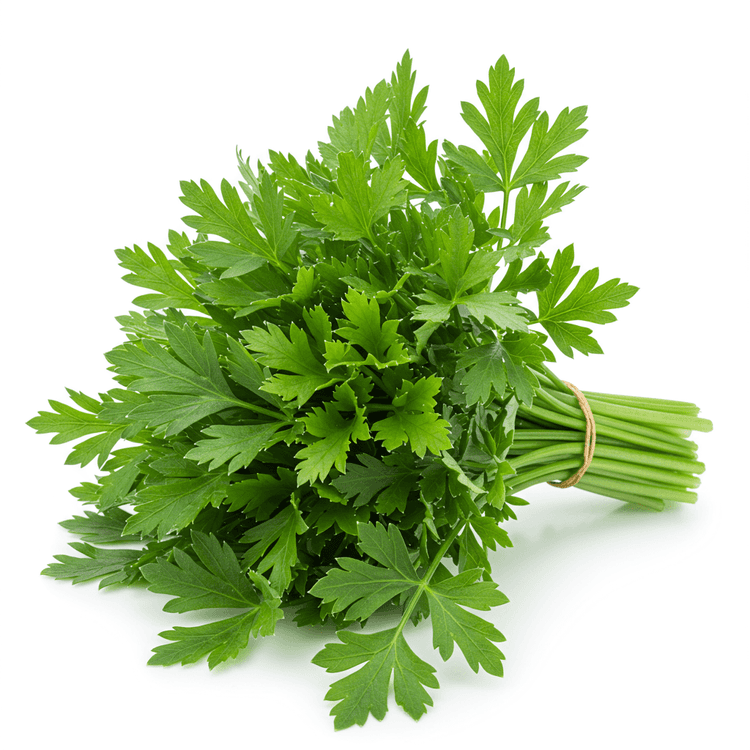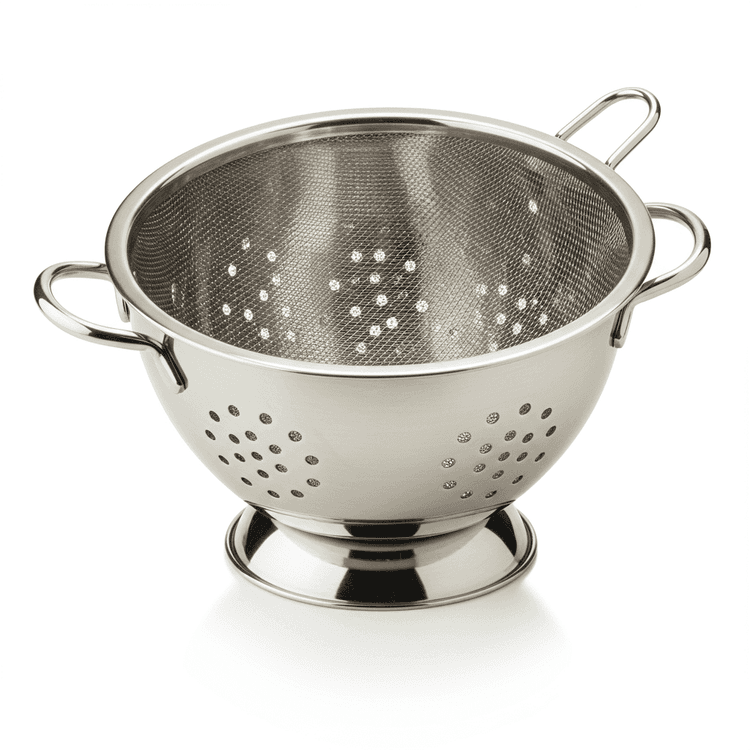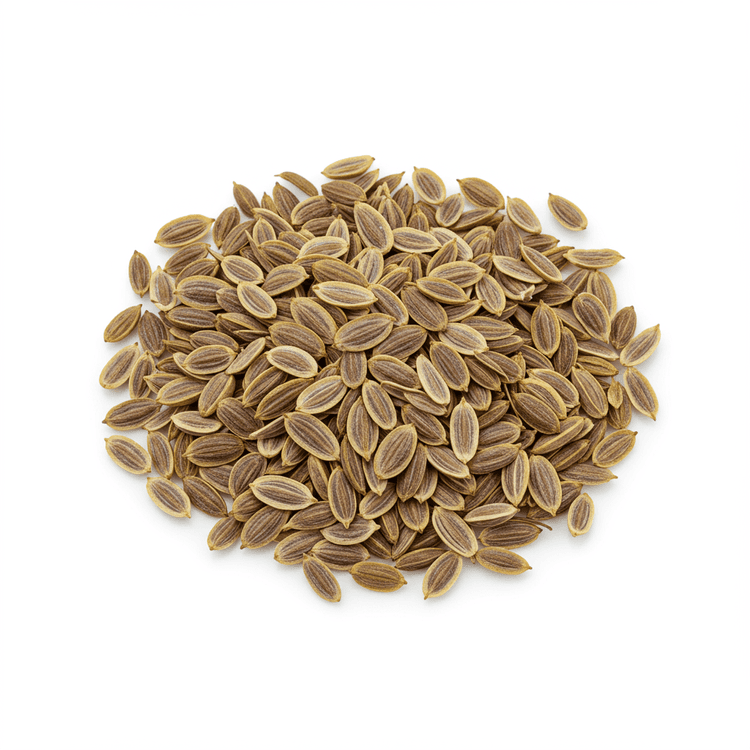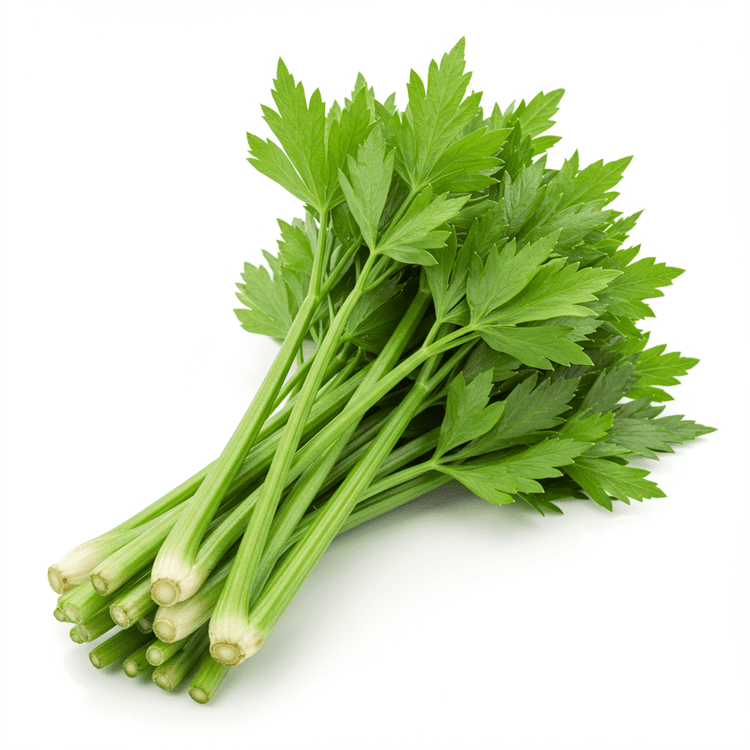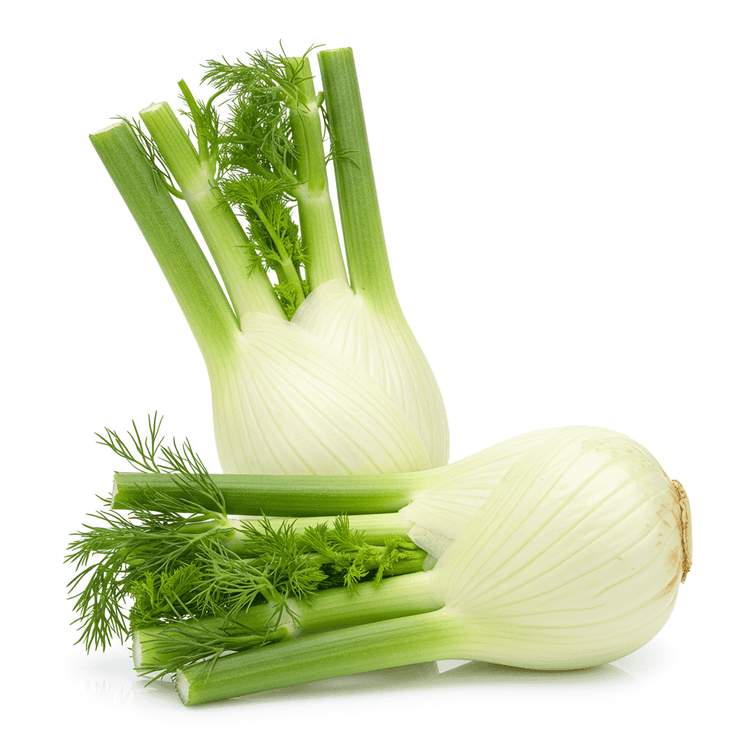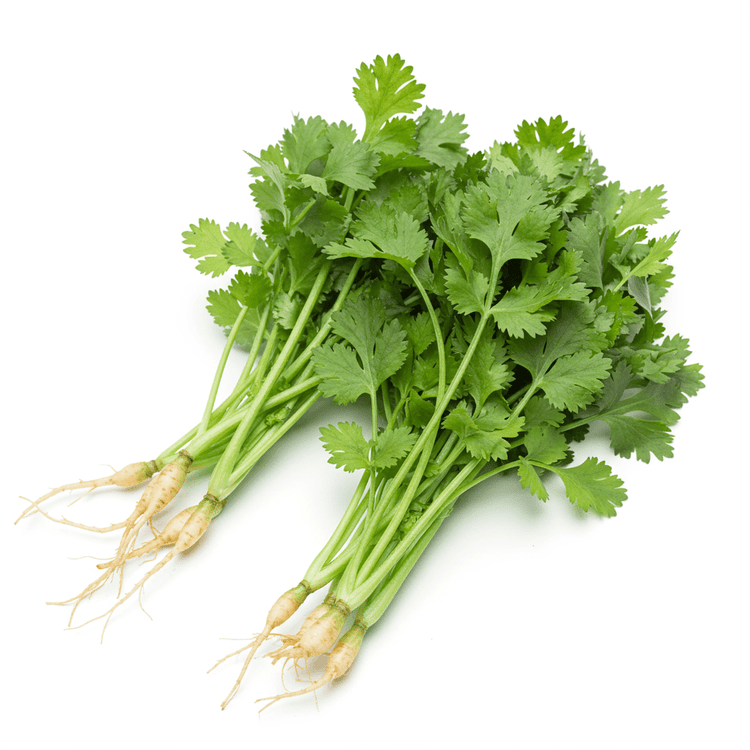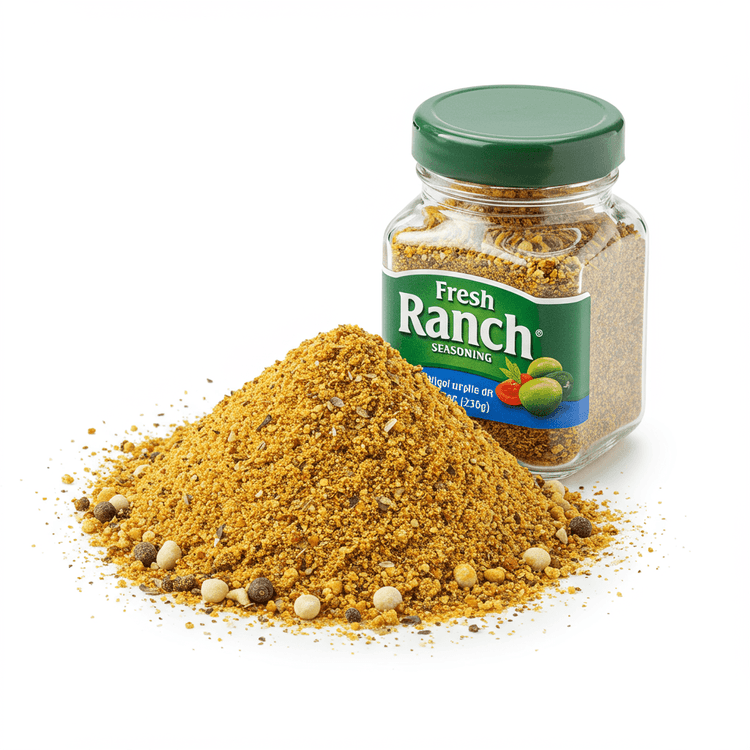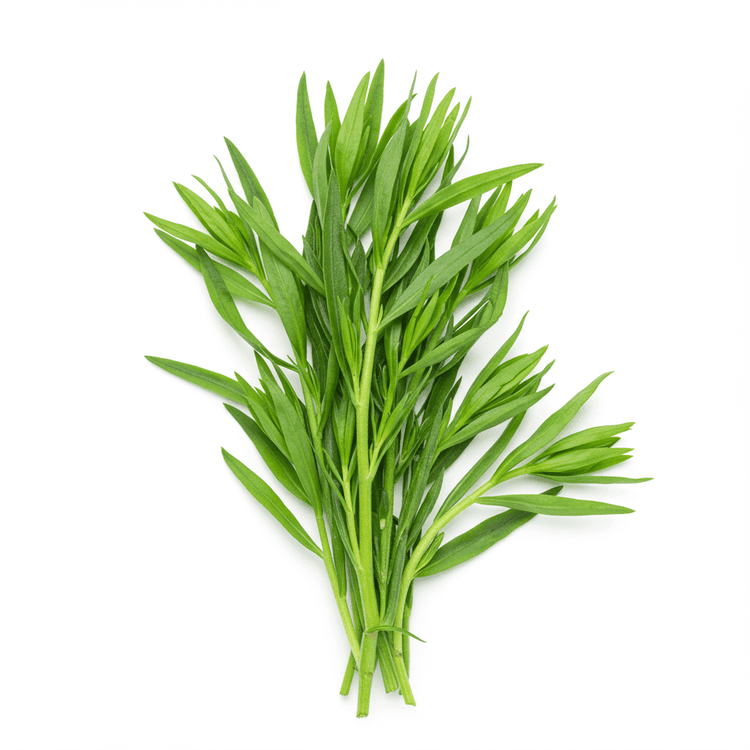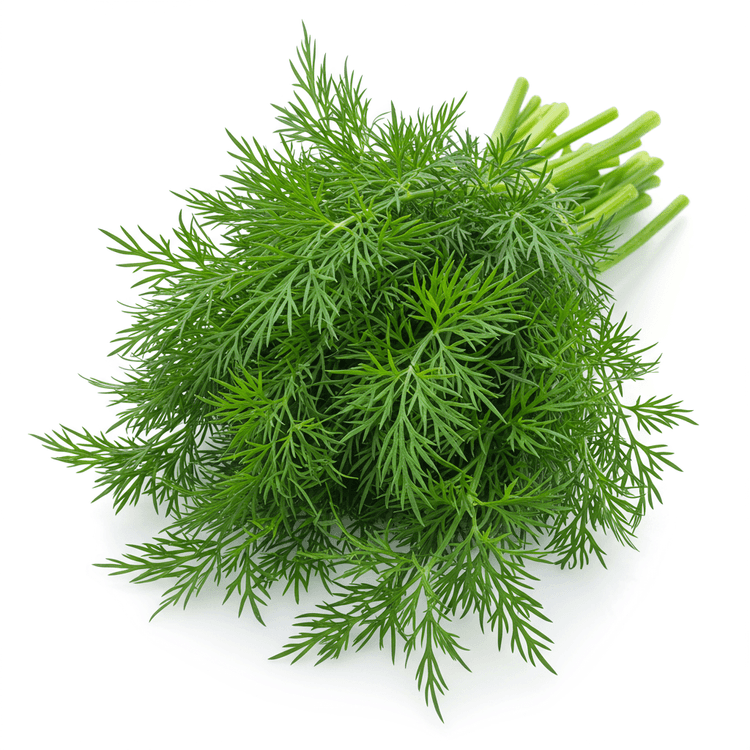
Dill
Dill is a feathery, bright green herb with a delicate, slightly anise-like flavor. Its wispy leaves offer a fresh, grassy aroma and a subtle tang that enhances a variety of dishes. Fresh dill adds a vibrant touch to both hot and cold preparations. Dried dill weed retains a more concentrated flavor, making it a convenient pantry staple. Explore the culinary versatility of dill in your kitchen; learn about fresh dill herb uses and discover flavorful dill weed recipes.
Common Uses
- Dill is frequently used to flavor pickles, adding a characteristic tangy and herbaceous note. Discover how to make homemade dill pickles with fresh dill for a delightful crunchy treat.
- Fresh dill sprigs make an excellent garnish for seafood dishes, complementing the flavors of salmon, cod, and shrimp with its bright, fresh taste. Try adding fresh dill to your next grilled salmon recipe.
- Dill is a key ingredient in creamy dips and sauces, such as tzatziki and dill sauce, providing a refreshing counterpoint to richer flavors. Perfect for serving with grilled meats or vegetables.
- Add chopped dill to egg dishes, such as omelets and frittatas, for a burst of fresh flavor and aroma. Learn how to elevate your breakfast with dill-infused egg recipes.
- Dill enhances the flavor of potato salads, lending a zesty and herbaceous note to creamy or vinegar-based dressings. Discover delicious potato salad recipes with fresh dill.
- Fresh dill can be finely chopped and incorporated into bread dough or added as a topping before baking, imparting a subtle anise-like flavor to your homemade bread. Explore baking with dill for unique bread recipes.
Nutrition (per serving)
Nutrition (per serving)
Calories
0.4kcal (0.02%)
Protein
0.0g (0.06%)
Carbs
0.1g (0.03%)
Sugars
0.0g (0.02%)
Healthy Fat
0.0g
Unhealthy Fat
0.0g
% Daily Value based on a 2000 calorie diet
Nutrition (per serving)
Calories
0.4kcal (0.02%)
Protein
0.0g (0.06%)
Carbs
0.1g (0.03%)
Sugars
0.0g (0.02%)
Healthy Fat
0.0g
Unhealthy Fat
0.0g
% Daily Value based on a 2000 calorie diet
Health Benefits
- Rich in antioxidants that combat free radicals and reduce oxidative stress.
- Good source of Vitamin A, essential for vision, immune function, and cell growth.
- Provides dietary fiber, promoting healthy digestion and gut health.
- Contains Vitamin C, supporting immune function and collagen production for skin health.
- May help regulate blood sugar levels and improve insulin sensitivity.
- Offers anti-inflammatory properties, potentially reducing the risk of chronic diseases.
Substitutes
Chefadora AI is here.
Experience smarter, stress-free cooking.
Storage Tips
Fresh dill is best stored in the refrigerator. Wrap the dill loosely in a damp paper towel and place it in a plastic bag or airtight container. This helps retain moisture and prevent wilting. You can also store dill stems in a glass of water, like flowers, and cover loosely with a plastic bag. Change the water every couple of days. Dried dill should be kept in an airtight container in a cool, dark, and dry place, away from direct sunlight and heat, to maintain its flavor and potency.
Marnirni-apinthi Building, Lot Fourteen,
North Terrace, Adelaide, South Australia, 5000
Australia
